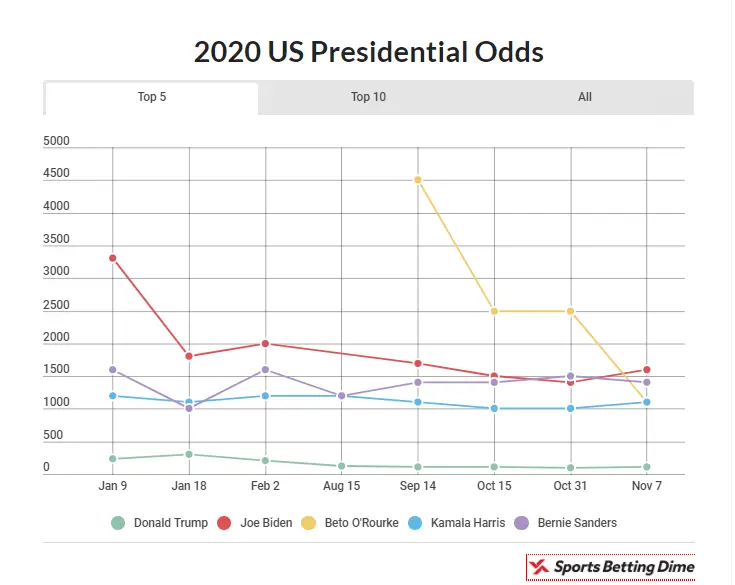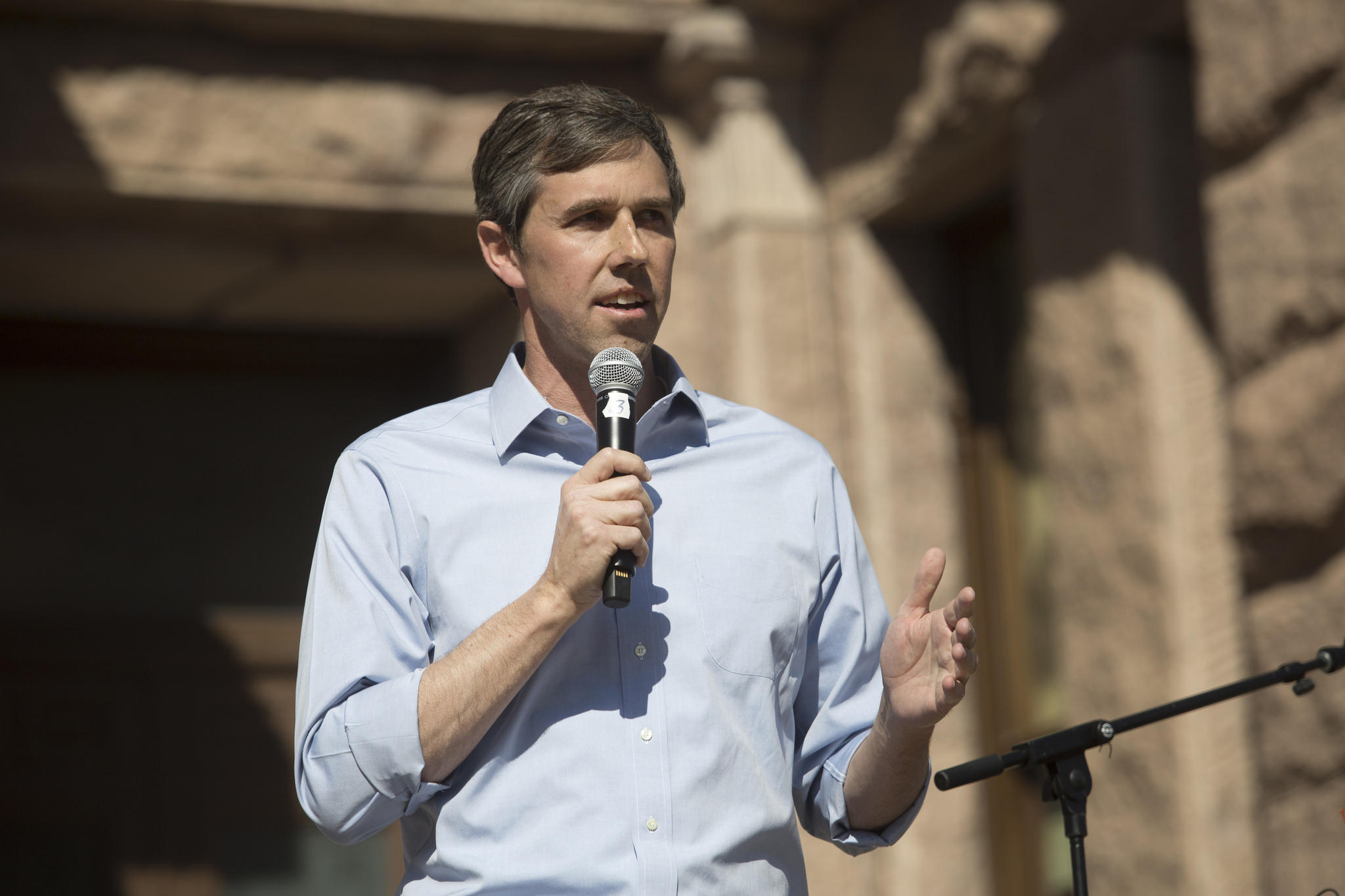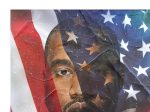Just last month Donald Trump passed the halfway point of his first — and god-willing only — presidential term, which, in conjunction with his 24 months of mind-blowingly boorish behavior, has prompted political pundits across the spectrum to begin speculating about the 2020 presidential election.
Given that the incumbent president is always expected to run for reelection, the Republican Party will likely put its support into getting Trump back in office till 2024.
On the Democratic side of things, however, the search for a front-running candidate is still ongoing. A recent set of polls have found former Vice President Joe Biden to be the leading contender for the position of Democratic nominee, followed by Bernie Sanders and then Hillary Clinton. The three Democratic protagonists have traded percentage points for the last several months, and while their order of ascendency hasn’t changed, none seem to have the overwhelming support needed to topple President Trump.

Within the last several months, though, a dark horse Democrat named Beto O’Rourke entered the national discussion. In his campaign to unseat Texas senator Ted Cruz, the El Paso representative famously visited all 254 counties in Texas, refused to accept financial donations from political groups and employed a strategy that placed an unprecedented amount of focus on social media outreach.
While O’Rourke ultimately came up just short of dethroning Cruz, he came closer to usurping a Texas Republican than any other Lone Star politician has in nearly 30 years. His decidedly modern campaign, along with his youthful charisma and breath-of-fresh-air financial autonomy, quickly catapulted his name into the conversation surrounding the Democratic nominee for the 2020 presidency.
While naysayers have offered a slew of reasons as to why O’Rourke is unfit for the role — several of which, admittedly, might be valid — the most pertinent of all might be his lack of political experience. Before his run for the Senate, the lanky Kennedy lookalike served on the El Paso city council from 2005 – 2012, and then as a representative in Congress from 2012 – 2018. While El Paso does have the geopolitical advantage of being an important border city between the U.S. and Mexico, giving O’Rourke an informed perspective on issues like immigration and the drug war, the city is hardly a political powerhouse. In the eyes of critics, then, O’Rourke boasts only of a handful of years in civil service, and in a somewhat backwater city no less.
However, while O’Rourke may lack the tenure of his completion, his paucity of experience in politics might actually work to his advantage in this political climate. Here’s why.
1. Experience: Who Needs It?
If the past two presidents are any indication, experience is no longer such a stringent prerequisite to running the free world. Before Barack Obama’s election, he served three terms as a state representative and one term as a U.S. senator — almost exactly the same track record as O’Rourke. Trump, infamously, never worked a day in his life as a politician.
In the era of modern media, the last two presidents have established a precedent that, for better or for worse, appears to be the new norm. Now, charisma, articulation and social clout hold more weight than time served. Obama got his nomination largely because of a stirring keynote speech he delivered in 2004, and Trump, while his diction might be uneducated, orates in a way that exudes a populist appeal. O’Rourke, who shares Obama’s eloquence and Trump’s anti-elitist overtones, might be a perfect blend of the two.
2. Fresh Is Best
The 2018 midterms saw the election of a number of new faces to Congress, including Alexandria Ocasio-Cortez, among others. Similarly to O’Rourke, Ocasio-Cortez and her cohort of neophyte politicians have positioned their lack of political shoulder rubbing as an advantage.
Voters are increasingly disillusioned with Washington, D.C., politics, an antipathy Trump capitalized on with his promises to “drain the swamp.” While Trump has done nearly the opposite, a new wave of politicians have caught the eye of their young constituents by vowing to do things differently than their predecessors.
Ocasio-Cortez, like O’Rourke, made a name for herself by relentlessly canvassing her voting district on foot, as well as mobilizing voting blocs that have been traditionally ignored. Also like O’Rourke, the New York representative has used social media to connect with voters and bring transparency to her politics. In D.C., a city known for its closed-door meetings and back-room deals, Ocasio-Cortez has turned her outsider status into an asset. She, like her constituents, is not an old-money part of the political establishment, and she has used that fact to draw their trust.
O’Rourke, who famously eschewed all PAC funding and yet still raised more money than any other Senate candidate has ever raised, can tap into that same ethos. By counting on voter cynicism to turn his constituents away from “politics as usual,” O’Rourke can position his relative inexperience as a boon.
3. Inexperience Begets Counsel
Although Trump is a massive exception to the precedent, generally when greenhorn politicians take office they rely more heavily on the advice of their cabinet. Such was the case with Obama, and such has been the case throughout American political history.
As a result, a young leader who turns to senior officials for guidance often ends up with a better-informed, more balanced agenda, which almost always serves the American people best. Old dogs who have been in the business for years tend to get set in their ways, a dangerous practice in any field. Especially in modern politics, where technological advancements happen rapidly and greatly affect social and economic stability, it is more critical than ever to elect an official who has the self-awareness to admit when they are under-informed on an issue.
Younger candidates, both because they are more digitally literate and because they are more encouraged to seek counsel, make better leaders in the 21st century.
















